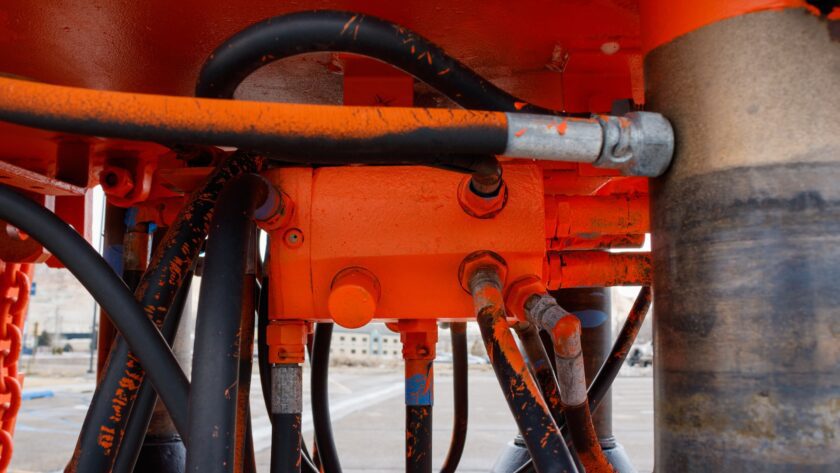Around one million particles enter a hydraulic system every minute, threatening component damage. With this in mind, hydraulic filters are crucial to reducing downtime by protecting components from contamination.
Expertise
Hydraulic systems are expensive investments that require consistent maintenance to prevent costly repairs and downtime. Regular maintenance can also help prevent clogs and other issues that could damage critical components. The type of hydraulic filter your system requires depends on the specific application and operating conditions. Looking for hydraulic filter suppliers VA that can provide detailed advice and expert support based on industry expertise would be best. Filtration options include full-flow, proportional, and partial-flow filters that use different filter media. Full-flow hydraulic filters have a higher dirt-holding capacity than proportional ones. The type of filter you need will depend on the size of your reservoir, the flow rate, and whether you need to remove contaminant particles from air entering the tank. Other considerations include the collapse rating and the cleanliness class.
Customer Service
Hydraulic filters and strainers are crucial for preserving the effectiveness of hydraulic fluids. They prevent solid foreign matter from clogging and blocking system components, which can lead to premature wear and failure. While it is easy to ignore the need for regular maintenance, doing so can lead to equipment breakdowns that can cause costly downtime and delay your projects or work schedule. By incorporating routine reliability checks into your machine maintenance plan, you can minimize downtime and ensure your crew’s safety. Although it may seem like a waste of time to filter new oil, it can dramatically increase the lifespan and efficiency of hydraulic systems. Filtering new oil can remove contamination, including metal shavings, burrs, tape, and sand, that can ingress into a hydraulic system.
Experience
Hydraulic filters come in various configurations, each designed to meet different filtration requirements. In addition to filter elements, hydraulic filter products include housings and auxiliary components. They can be purchased in bulk as filter media or complete filter assemblies. Hydraulic systems are prone to contamination, primarily through internal components and external contaminants that enter through leaks or worn seals. To ensure that critical equipment continues to operate at peak performance, it is essential to have a consistent filtration regimen in place. A reliable filtration supplier will have extensive knowledge about the different types of contamination in a hydraulic system. They can recommend the correct type of filter media based on system components, such as servo control valves that require finer, more delicate filtration (lower micron size ratings). They can also assist in designing a comprehensive maintenance schedule.
Flexibility
Hydraulic equipment uses tubing and flexible hoses to direct fluid flow between power sources (e.g., pumps) and actuators such as cylinders. They need connections to contain and direct the hydraulic fluid without leaking or losing pressure. Proper hydraulic filter maintenance can reduce costs and downtime for your company. By working regular maintenance into your schedule, you can avoid unexpected breakdowns and work around them more effectively. Hydraulic filter products can be purchased in bulk filter media and housing-only configurations or as complete filter assemblies that include both. When buying a new filter assembly, consider the hydraulic fluid temperature range to prevent oversizing that can contribute to high-pressure drops or premature tripping of clogging indicators. Also, be sure the media is appropriately encapsulated to avoid filter bypass.
Competitive Pricing
A reliable hydraulic filter supplier will provide competitive pricing to attract customers. The cost of operating and maintaining a piece of equipment is far more than just the initial purchase price. It also includes the cost of unforeseen breakdowns and injuries that can cause your crew to lose productive time. Routine maintenance is the best way to prevent these types of costly issues. This means having a good quality hydraulic filter that can remove foreign particles from the hydraulic system fluid. In addition, the hydraulic filter must detect additive depletion in the hydraulic oil. Zinc, for example, is a common additive that can be depleted as the hydraulic oil ages. This can be detected using a chemical analysis of the used oil compared to a sample of identical new oil.




